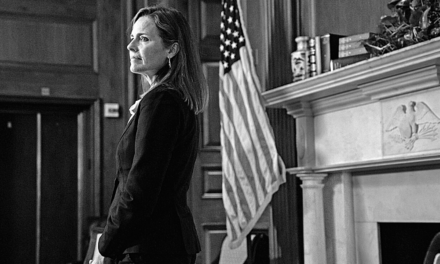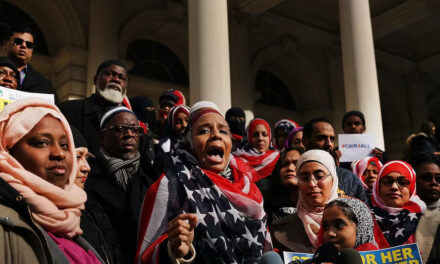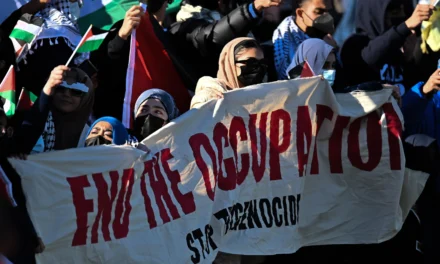Abdulaziz Osman & Maxamuud Mascadde for VOA News
For the first time in history, the Muslim community in the Cedar-Riverside neighborhood of Minneapolis will hear the sound of “Adhan” — the call to prayer — over outdoor loudspeakers during the month of Ramadan, which is scheduled to begin Thursday night amid Minnesota’s stay-at-home order to fight the coronavirus pandemic.
Minneapolis Mayor Jacob Frey announced the decision Tuesday after issuing a permit allowing the Dar Al-Hijrah Mosque to broadcast the daily call to prayer five times throughout the day using four loudspeakers placed outside the mosque.
“In a time when physical distancing requires that we pray apart from one another. It’s incumbent on all of us elected and community leaders to make sure that we can create a sense of togetherness,” Frey told VOA.
The city granted the initiative after the Muslim community and the CAIR (Council on American-Islamic Relations) made the request to ensure people hear the sound, and they pray at home.
“This will benefit the community and will provide a sense of joy and hope during this difficult time,” the mayor said. He said he hopes the daily broadcast will send a message that his city cares about Muslim communities during this period.
“We love you, you are part of this city, and we want you to be able to get through this hard time with as much comfort and community and family as possible,” the mayor said.
Sheikh Abdirahman Sharif, the imam of the Mdar Al-Hjirah Mosque, welcomed the decision and thanked the mayor of Minneapolis for allowing Muslims to hear the sound of the call prayer and to be connected to their mosque.
“It’s a historic moment that a metropolitan city like Minneapolis offers a permit to a mosque to broadcast the call to prayer,” said Sharif. “The mayor has shown heroism. It’s an honor for us to be the first mosque in the USA to perform this, and we hope other cities should follow suite.”
The broadcasts from dawn to sunset will reach thousands of residents, most of them Muslims who are living near the mosque.
Asked how non-Muslims living near the mosque will react to the Muslim call to prayer, the mayor says many different religions are able to practice in some way that requires sound.
“Pretty much every religion out there celebrates in some form through sound. And we felt strongly and feel strongly that our Muslim community should be no different,” the mayor said.
Iman Sharif said he does not believe the public call to prayer will not ignite any Islamophobic or anti-immigrants from neighborhoods around the mosque.
“The plan was supported by neighboring churches, and plus we believe when non-Muslim residents hear the sound of call to prayer, it will reduce their concern and stress against Muslims,” Sharif said.
The Cedar-Riverside area is home to a large Muslim population from East Africa, who hope the sound of prayer will be a connector for those stuck at home because of COVID-19.














